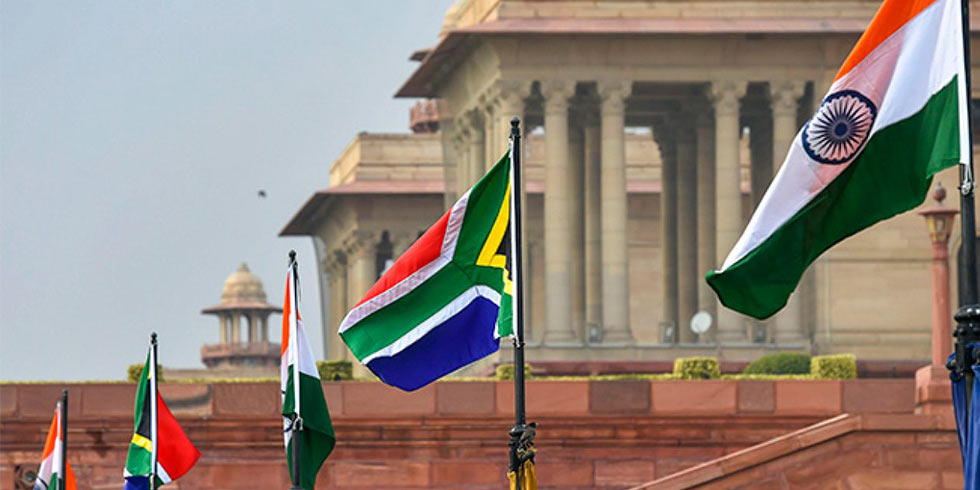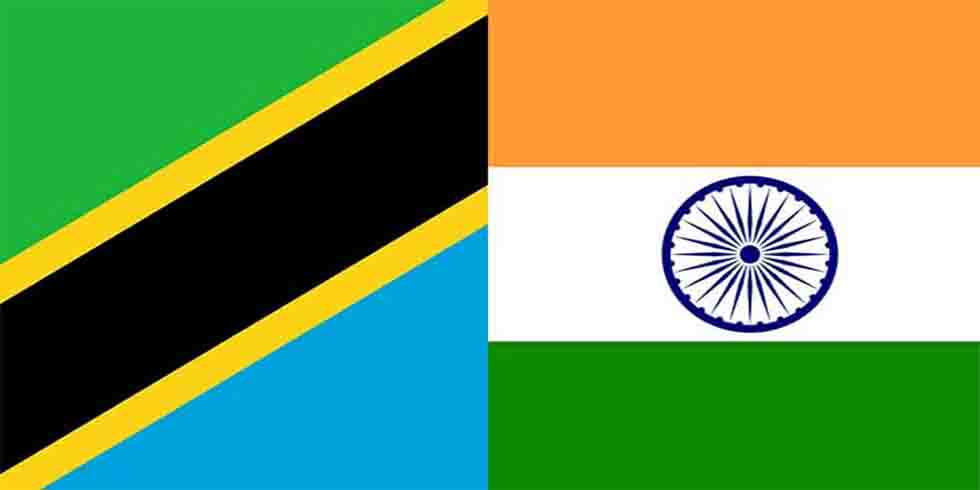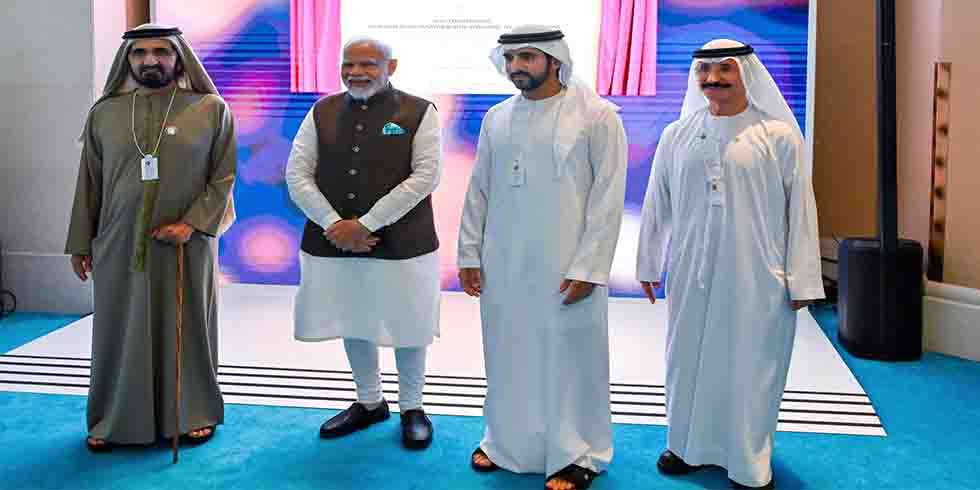The epidemic has clearly disturbed the international economic architecture, resulting in a multipolar world in which a higher number of nations have a role in setting global trade patterns, investment flows, and development cooperation.
Changes in the global economic architecture are projected to open up new external economic prospects for both India and Africa.
Despite the fact that the epidemic has slowed Africa's growth, the region's economy is expected to accelerate once the health issue is under control through widespread vaccination programmes.
Given its significant shareholder interest in Africa's economic transformation, India envisions a long-term partnership role for it. The current crisis provides several chances for nations to expand existing bilateral connections and forge new paths for cooperative ventures, particularly in areas that have been largely untapped in Africa, such as the services sector.
The Indian Government's economic relations with Africa are truly multifaceted, with the Indian Government providing timely grant-in-aid to African countries, concessional lines of credit (LOCs), capacity building and technical assistance, supporting major projects in Africa, and establishing industrial units, among other things.
Year on year, bilateral trade between India and Africa has increased gradually, with the trade volume reaching USD 55.9 billion in 2020-21. With a total investment of USD 54 billion, India is Africa's fifth largest investor.
The larger ambitions are to increase bilateral trade beyond USD 150 billion and to triple investments in Africa to USD 100 billion over the next few years.
While India's Duty-Free Tariff Preference Scheme (DFTP) for Least Developed Nations (LDCs) has benefited 38 African countries and contributed to the increase of India-Africa bilateral trade, there is still great room for India-Africa trade flows to be geographically diverse.
The formation of the India-Africa Trade Council, as well as the building of 13 offices in India that will interact directly with African embassies in Delhi, would provide enormous trade and investment prospects for Indian companies in Africa.
The Indian government chose 18 African nations where new missions will be established, including Burkina Faso, Cameroon, Cape Verde, Rwanda, and Somalia, among others. The projects would be built on a cooperative approach that would be responsive to the requirements of African countries.
Over the last 15 years, the India-Africa Conclave has aided in the development of bridges and economic and commercial cooperation. It has built capacities and fostered networking, the effects of which can be seen in India's rising presence in Africa as well as African cooperation with Indian institutions.
This year's conclave was attended by ministers and dignitaries from both nations, including India's Minister of External Affairs, Dr. S. Jaishankar, and focused on the myriad possibilities and challenges that drive India-Africa bilateral cooperation.










Add Comment